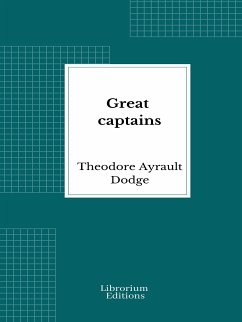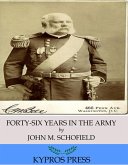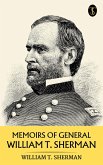THE earliest history is but a record of wars. Peace had no events stirring enough to call for record. It was the conflict of heroes which inspired the oldest and still greatest of poems. As the more intelligent peoples were, as a rule, the victors, the march of civilization followed in the footsteps of war up to very recent times. The history of war has been carefully recorded for nearly twenty-five centuries, but the science of war, in a written form, dates back less than one hundred years. The art of war owes its origin and growth to the deeds of a few great captains. Not to their brilliant victories; not to the noble courage evoked by their ambition; not to their distortion of mechanics and the sciences into new engines of slaughter; not to their far-reaching conquests; but to their intellectual conceptions. For war is as highly intellectual as astronomy. The main distinction between the one and the other lies in the fact that the intellectual conception of the general must at once be so put into play as to call for the exertion of the moral forces of his character, while the astronomer's inspiration stops at a purely mental process. What has produced the great captains is the coexistence of extraordinary intellect and equal force of character, coupled with events worthy of and calling out these qualities in their highest expression.
Dieser Download kann aus rechtlichen Gründen nur mit Rechnungsadresse in A, B, BG, CY, CZ, D, DK, EW, E, FIN, F, GR, HR, H, IRL, I, LT, L, LR, M, NL, PL, P, R, S, SLO, SK ausgeliefert werden.









